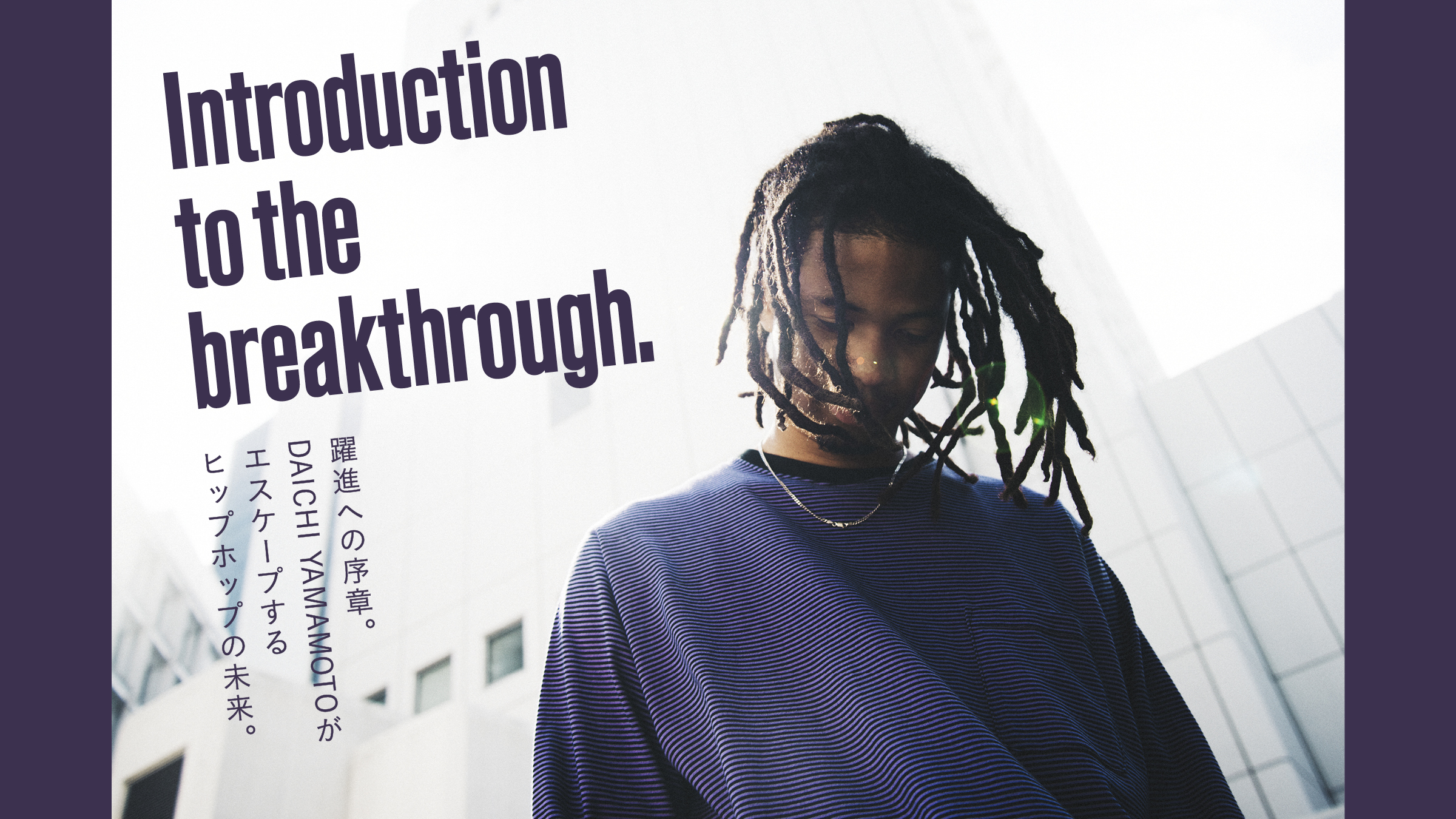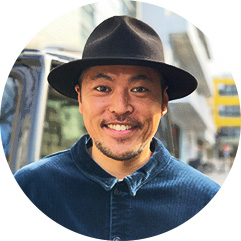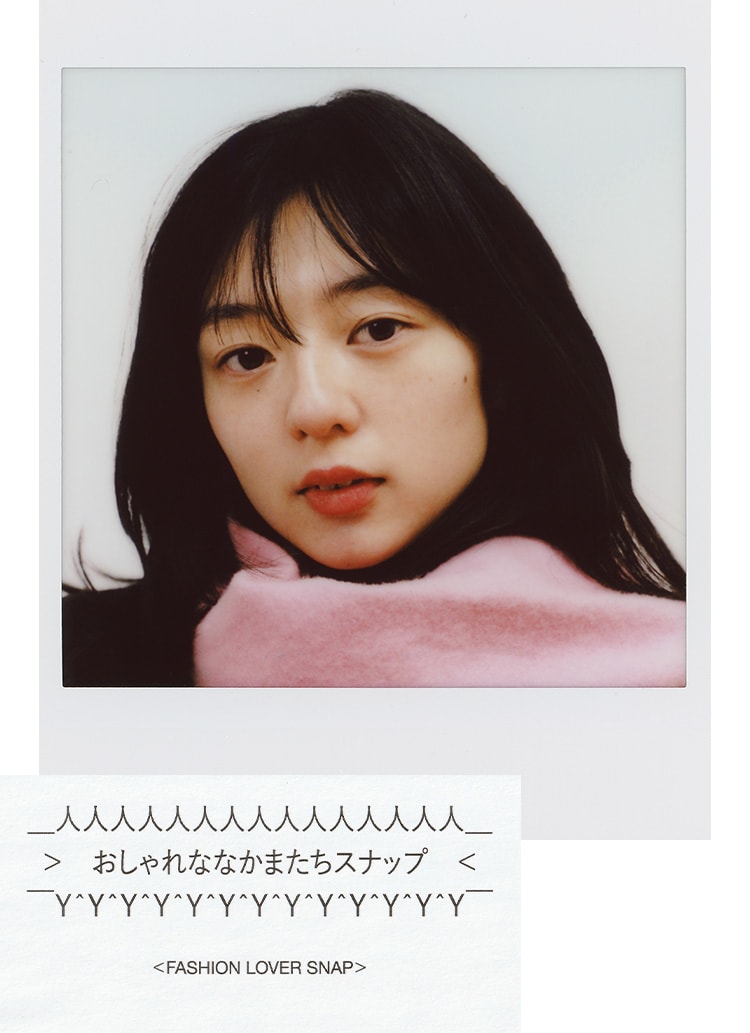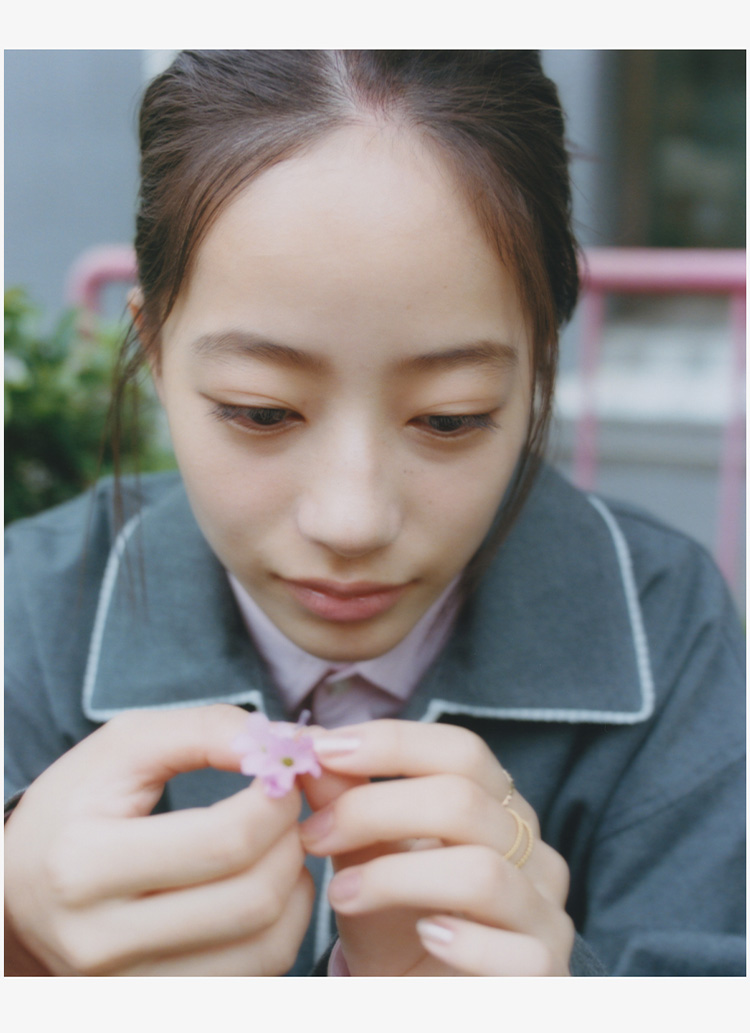I have no choice but to tell my life-size story. That's hip-hop for me, and that's what makes it real.
I remember that it was the digital single "Shanghai Band" released in March 2019 that triggered a leap forward in DAICHI-kun's existence and recognition. The influence of the song is evident in the post shared by Lupe Fiasco, but anyway, the worldview including its video seems to have given new possibilities and surprises to the domestic hip-hop scene. How do you feel about this one song?
DAICHI: Yes, I did. Many things have changed since I wrote this song. As for myself, when I was in England, for better or worse, I didn't put so much meaning in the lyrics, and I prioritized the flow. Because I was overseas, there was no one to listen to the lyrical content. In the Japanese hip-hop scene, lyricism is more important. But I don't really have a street background. I lived in Kyoto, Jamaica, and London, but I wasn't born and raised in a hard environment or in a gang. I had a lot of trouble with the depth of my background, but in the end, when I wrote this song, the only thing I could come up with was to tell a life-sized version of myself. That is what hip-hop is to me, and that is what is real.

I felt DAICHI's lyricism in "Shanghai Band" was indeed very strong, with his unadorned word choice and poetic sentiment devoted to everyday scenes. Personally, I was also very pleasantly surprised by his talent as a singer and his mellow rap with bilingualism.
DAICHI:I have always tried to create a flow that is pleasing to the ear, and I was especially conscious of lyrics that would stick in every sentence of this piece. Also, I usually listen to songs, and I have always loved singing as well as rapping, so as you can see in the lyrics, I was allowed to do whatever I wanted. In that sense, I think this song is the one that best suits my style.
Andless" is the long-awaited first album released this time. This album is a solid work, with a splendid lineup of guest artists and the much-talked-about lead song. It is important to note that DAICHI's versatile hip-hop expression can be seen not only in his rapping and singing, but also in his poetry, track making, and other methods of expression.
DAICHI:The part I was most particular about throughout the album was the composition of the songs. I was conscious of the story that is told in a chronological order because it is evaluated as a single album, rather than as a single song. By arranging the songs in chronological order, from my upbringing to my current state of mind, I thought it would be like following a documentary about myself. Trackmaking and poetry are impulsive and experimental elements in this process. I don't include skits or intro songs, which I think creates an effect that is not monotonous.
The lead number "She II," for which a music video was released earlier, is positioned as a sequel to the work that began with an offer to jjj, who was one of the artists you admired and who released music on SoundCloud when you were in London. I imagine you have a particularly strong emotional attachment to it due to that story, but how do you feel about it compared to the previous work in the series?
DAICHI:For me personally, I definitely like this one better, as it is one that I feel has grown since the last one. I disliked my verse so much on the last one that I didn't want to listen to it anymore (laughs). (Laughs) I was trying to get revenge, so I worked with jjj-kun on it, but that was just the result of our efforts. We both started with "cheesy curtains" at the beginning of the verse, and each of us depicted a woman from the same scene. In that sense, I think we are closer to jjj's quality than last time, and we were finally able to create a song together in a way that we were satisfied with.











